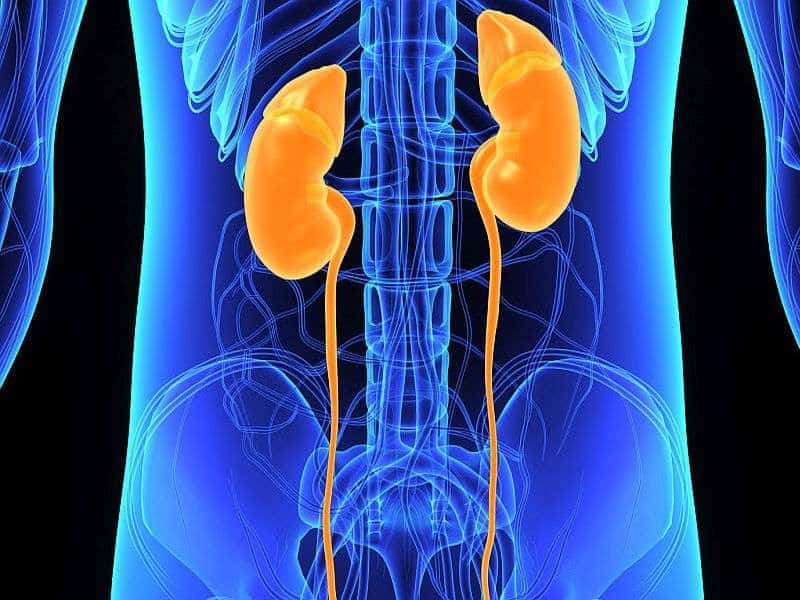Nephrotic Syndrome

Nephrotic syndrome is a kidney disorder that results in the loss of protein in the urine. This protein, called albumin, is vital for maintaining the proper balance of fluid in the body. When nephrotic syndrome occurs, the body begins to retain fluid, leading to swelling, most commonly around the ankles and feet. This medical condition can be caused by various things, including diabetes, genetic disorders, infections, and certain medications. It typically affects children more than adults.
Protein plays a vital role in keeping our bodies functioning properly. It helps to build and repair tissue, fight infection, and more. Unfortunately, when an individual has nephrotic syndrome, the kidneys cannot properly filter waste from the blood. As a result, protein is also excreted along with the waste. This can cause a protein deficit in your body, leading to fluid accumulation and pitting edema.
For individuals with nephrotic syndrome who are experiencing pitting edema, it’s essential to see a doctor to determine the best course of treatment. Treatment for nephrotic syndrome typically involves medication to help control the disease and manage symptoms. In some cases, additional medicines such as steroids or immunosuppressants may be necessary.










